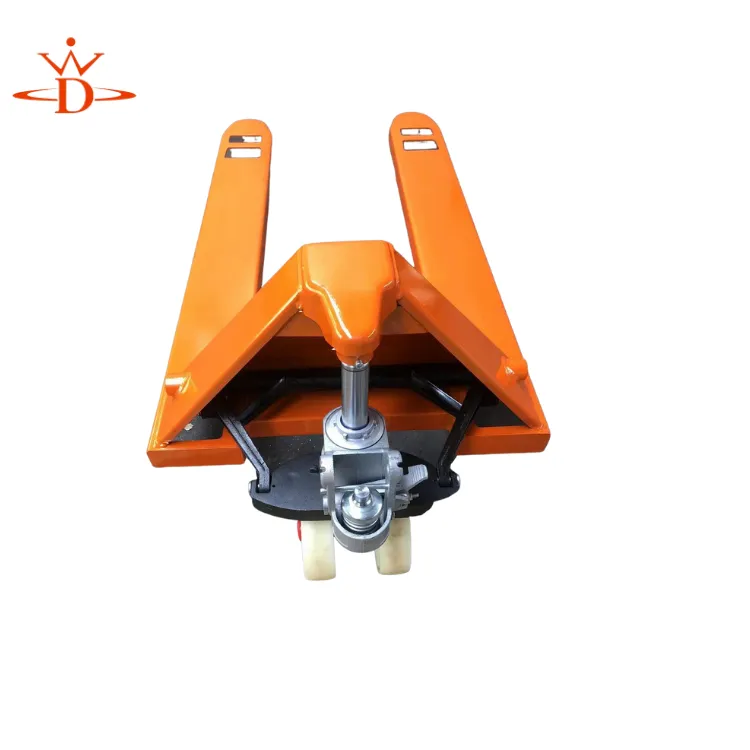Magnetic Lifting Tools for Efficient Material Handling in Industrial Applications
Magnetic Lifting Devices Revolutionizing Materials Handling
In the realm of industrial applications, the efficiency and safety of moving heavy objects are paramount. One technological advancement that has significantly improved material handling is the magnetic lifting device. These devices utilize magnetic force to lift, transport, and position ferrous materials, providing a practical solution for a wide range of industries.
How Magnetic Lifting Devices Work
At the core of a magnetic lifting device lies the principle of magnetism. These devices often feature powerful electromagnets or permanent magnets that generate a magnetic field strong enough to lift and hold heavy metal objects securely. Electromagnetic lifters, for instance, use electricity to create a magnetic field, allowing operators to control the lifting force. When power is supplied, the magnet activates and lifts the load; when the power is disconnected, the magnetic field dissipates, releasing the object safely.
Permanent magnetic lifters, on the other hand, do not require an external power source. They rely on strong permanent magnets and often include a simple mechanical switch to engage and disengage the magnetic forces. This design enhances portability and reliability, making them ideal for various applications where electric power may not be readily available.
Applications Across Industries
Magnetic lifting devices are widely used in various sectors, including manufacturing, construction, automotive, and shipping. In manufacturing, these devices play a crucial role in the assembly line process, effortlessly lifting metal sheets, pipes, and other components. Their ability to secure and release items quickly leads to increased productivity and reduced manual labor.
magnetic lifting device

In construction, magnetic lifters simplify the handling of steel beams and other heavy materials. Workers can easily maneuver these devices to position materials accurately without the risk of physical strain or injury. This efficiency is especially vital on job sites where time is money, and safety is paramount.
The automotive industry also benefits from magnetic lifting technology. These devices are used to position and secure parts during assembly processes, ensuring that components are aligned correctly while minimizing the risk of damage. Additionally, in shipping and logistics, magnetic lifters facilitate the handling of goods in warehouses, allowing for smooth loading and unloading of shipment containers.
Advantages of Magnetic Lifting Devices
One of the primary advantages of magnetic lifting devices is their safety. Traditional lifting methods often involve chains, slings, or hooks that can fail or cause accidents if not used properly. In contrast, magnetic lifting devices provide a secure grip on loads, significantly reducing the likelihood of dropped materials and potential injuries.
Furthermore, these devices are typically lighter than traditional lifting solutions, making them easier to handle and maneuver. The reduced weight combined with the lack of mechanical components—such as chains or gears—translates to lower maintenance costs and fewer breakdowns over time. This reliability is a crucial factor for businesses aiming to maintain high productivity levels.
Conclusion
Magnetic lifting devices have become a cornerstone in modern material handling, offering advantages in efficiency, safety, and versatility. As industries continue to evolve, these innovative tools will likely remain essential for optimizing operations and enhancing productivity. Their ability to lift and transport heavy ferrous materials without the physical strain associated with traditional methods marks a significant progression in industrial technology. As developments in magnet technology progress further, we can anticipate even more powerful and efficient lifting solutions in the future, paving the way for new applications and innovations across various sectors.
-
Unlock Seamless Relocation with Our Heavy Equipment Moving ExpertiseNewsJun.06,2025
-
Unleash Unrivaled Flexibility with Our Adjustable Gantry CraneNewsJun.06,2025
-
Unleash Heavy-Duty Efficiency with Our Industrial Gantry Crane SolutionsNewsJun.06,2025
-
Revolutionize Steel Handling with Our Magnetic Lifter RangeNewsJun.06,2025
-
Master Equipment Mobility with Premium Machinery Mover SolutionsNewsJun.06,2025
-
Elevate Your Material Handling with Magnetic Lifter TechnologyNewsJun.06,2025
-
YS Permanent Lifting Magnets: The Smarter Way to Handle SteelNewsMay.22,2025
